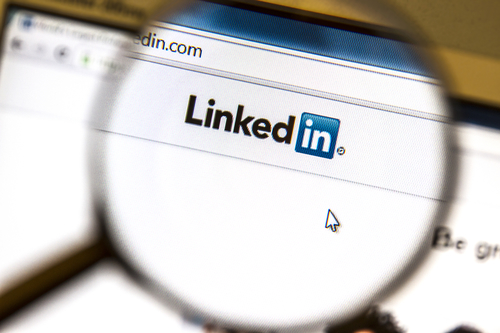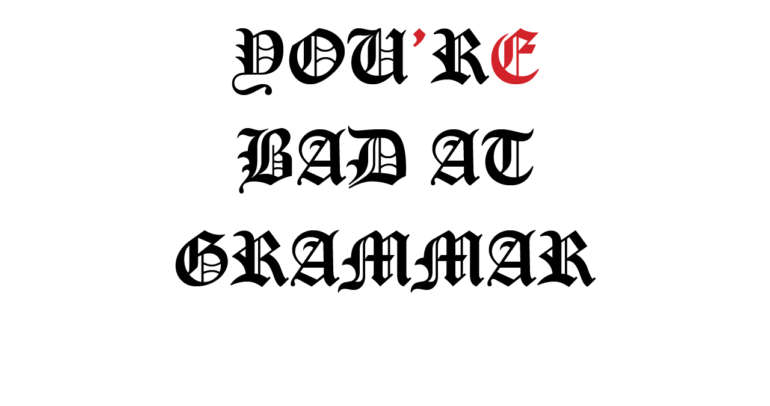It is a titillating but ugly story that provides teachable moments. The two leading characters are not sympathetic figures. Donald Sterling is an 80 year-old billionaire who owns the Los Angeles Clippers professional basketball team. “V. Stiviano” is a 31 year-old woman of mixed African American and Mexican heritage and calls herself an artist, writer, chef, poet, stylist and philanthropist.
Sterling’s wife calls her something else. She filed a lawsuit against Stiviano, alleging that as Sterling’s mistress, she used the couple’s money to buy two Bentleys, a Range Rover, and a Ferrari. She also says that Sterling gave her $250,000 in cash and she has possession of a condominium worth in excess of $1 million. Although the couple is estranged, Mrs. Sterling wants it all back.
Sterling has owned the Clippers since 1981 and is, at the time of this writing, the longest tenured National Basketball Association (NBA) team owner. The franchise is worth approximately $575 million.
Stiviano recorded phone conversations with Sterling in which they talked about their affair. He said some awful and extremely ill-advised things to her, demanding that she should not publicly associate black people or post photos of herself with them on social media. He also demanded that she not appear with them at Clippers games, naming Earvin “Magic” Johnson, specifically.
Then, in an attempt to “get even” with Sterling over the lawsuit, Stiviano allegedly (her attorney denies it) provided the taped conversation to TMZ.com, a celebrity gossip website.
The effects were seismic and swift. Two days after the story broke, the L.A. Clippers lost much of their corporate sponsorship. The NAACP revoked a “Lifetime Achievement Award” that they had planned to present Sterling. Three days later Adam Silver, the NBA commissioner imposed a lifetime suspension, a $2.5 million fine, and pledged to do all in his power to force Sterling to sell the team. Doing so requires a ¾ majority vote of other team owners.
The NBA commissioner is basking in widespread approval of this strong action, as evidenced by editorials and statements from owners, groups representing players and others. The Los Angeles city council is proposing resolutions condemning Sterling and demanding an “apology”. The mayors of Los Angeles and Sacramento have called for Sterling to be “banned for life”.
To many people, all of this outrage is genuine and warranted. Others see in it an opportunistic grab for publicity in joining the stampede. Much of it reminds me of male gorillas on the Discovery Channel beating their chests to demonstrate strength and dominance. Sterling is an easy target and jumping on the outrage train is an easy decision.
Or is it? Corporations, governments and organizations are run by people who make decisions from a world view driven largely by self-interest. The public’s world view is based largely on common sense.
Sterling has little opportunity to salvage his brand. It is pretty much destroyed. He does however have an opportunity to make his adversaries uncomfortable and employ a remedial public relations strategy. To change the direction of the stampede, he needs to change the conversation. To change the conversation, he needs to get the media to ask different questions. His chances of keeping his basketball team are slim, but to have any hope, he must change the conversation. Here are seven steps he could take.
1. Sterling himself could blunt much of the bad press and public scorn by just saying something. He blew it. He could check his ego and issue a meaningful apologetic statement. He could acknowledge responsibility for his statements, attitudes and decisions. He could demonstrate that he understands the effects it had on his family, his team, fans, sponsors, and the sport of basketball along with everyone else who counted on him for leadership. I would not bet that he would do this, but it would be smart.
2. The NAACP was set to present him with a second lifetime achievement award. They have done that before, but are predictably revoking it. They don’t award those lightly. Now, they are distancing themselves and talking of organizing boycotts. However, they gave him awards in the past for a reason. Why did they love him so much before? It is a fair question. Don’t let up on the NAACP. Get them on the record about why they did that.
3. Stiviano should in no way escape public accountability. There are people who are writing columns defending her, such as Olivia Cole who congratulates Stiviano because she, “…exposed a racist for what he is, and simultaneously liberated herself from a relationship in which her womanhood and her blackness were being torn down and controlled”.
Her article does not account for the fact that Stiviano has yet to liberate herself from the cars, condo or money. A key question for men and women is, “Is Stiviano a trustworthy friend or girlfriend?”
Maybe you can relate to her. But would you trust her with YOUR man, YOUR money, or YOUR private conversations? It is safe to say that placing confidence in anyone like that, regardless of race or gender, is a sure way to make some of your own latent nightmares a reality.
How would that feel? In fact, she represents a latent nightmare for millions of people, and that is fair game for a public conversation.
I would argue that Stiviano is also in need of a crisis management and public rehabilitation plan.
Material from the lawsuit is available at the courthouse unless sealed by statute or court order.
4. They could obtain and possibly publish a legal opinion. It could possibly come from the California Attorney General’s office on the legality of taping a conversation without consent, if he indeed did not consent.
5. If the recording did happen illegally without Sterling’s consent, that presents some problems for the mayor of Los Angeles and city council. If it happened within the city, then the City of Los Angeles now has a duty to act on Sterling’s behalf. There is always a journalist who is willing to report on such an angle.
6. Sterling can challenge Silver’s decision in court. His proxies could ask Silver at each press conference why he is willing to strip franchise owners of teams based on views expressed in private conversations and no other grounds. If you are an NBA franchise owner, you must now vote and are faced with a choice. Do you take a strong stand against Sterling’s statements? Or do you set a precedent for a franchise to be stripped from an owner just because people dislike him and what he said? That could happen to anyone. Many are certainly worried about media examination of the skeletons in their closets. A good PR campaign in advance of the vote can only help.
7. Find a credible and respected person to help you change the conversation if not advocate for you. Kareem Abdul-Jabbar, the retired star of the Los Angeles Lakers wrote in an op-ed published in Time that the publication of the private conversation was “sleazy”. He strongly condemned Sterling’s statements but took the news media to task for, “…peeing themselves with glee” over the story and others for the “finger wagging Olympics”. He is not defending Sterling, but is changing the conversation on his behalf. More people doing that changes the direction of the stampede.
The media does highlight some of our worst attributes as a culture. They sell conflict and sleaze and too many of us choose to be customers. This story materialized and grew fast over the course of a few days and Sterling is laying low for the time being. However, with a public relations catastrophe of this magnitude, letting everyone else do all the talking is a fatal mistake.
The point of this article is not to defend Sterling’s statements, attitudes or actions. Instead, it is that nobody, not even Sterling has to succumb to a pariah status assigned by others.
It is always possible to change the conversation with a crisis management plan.




